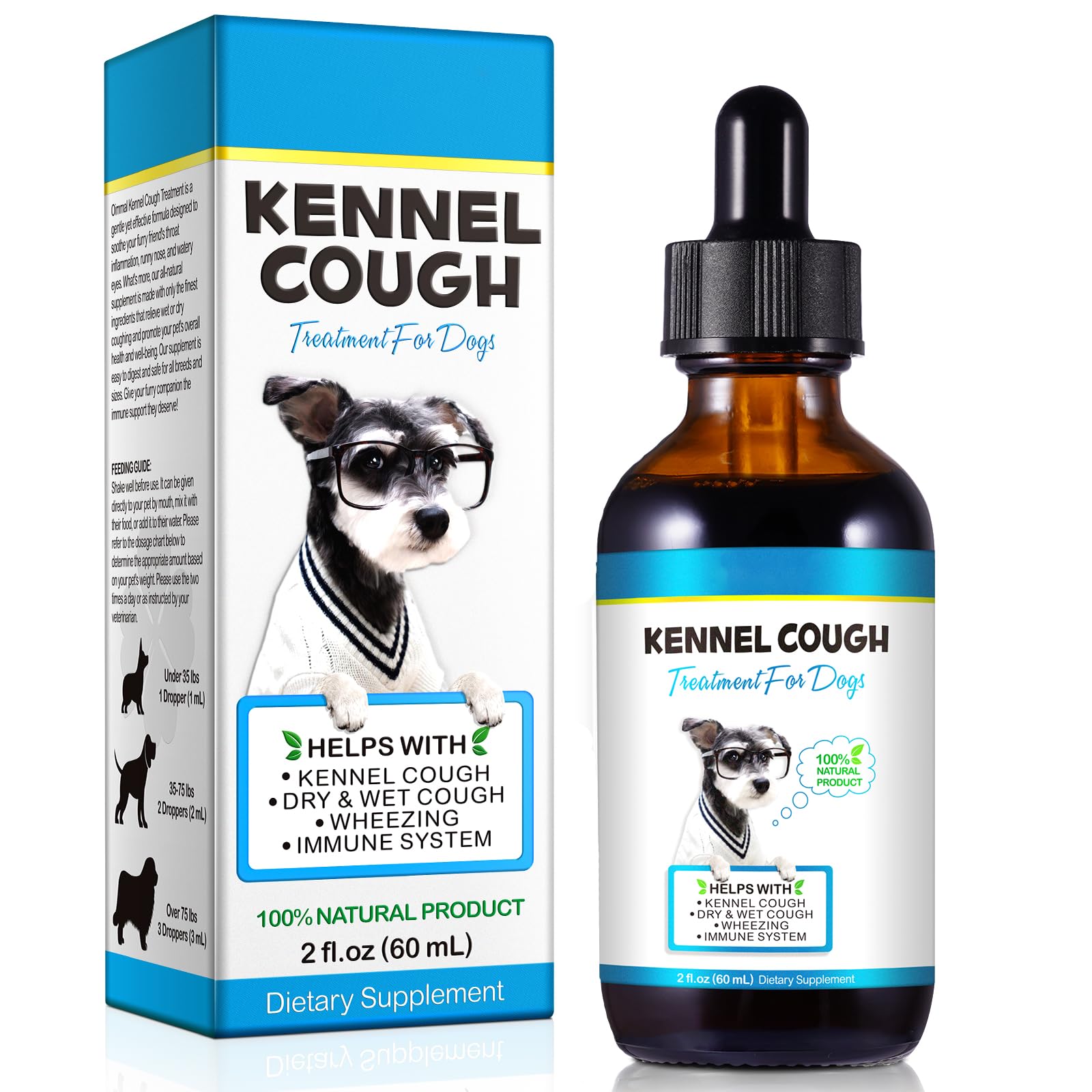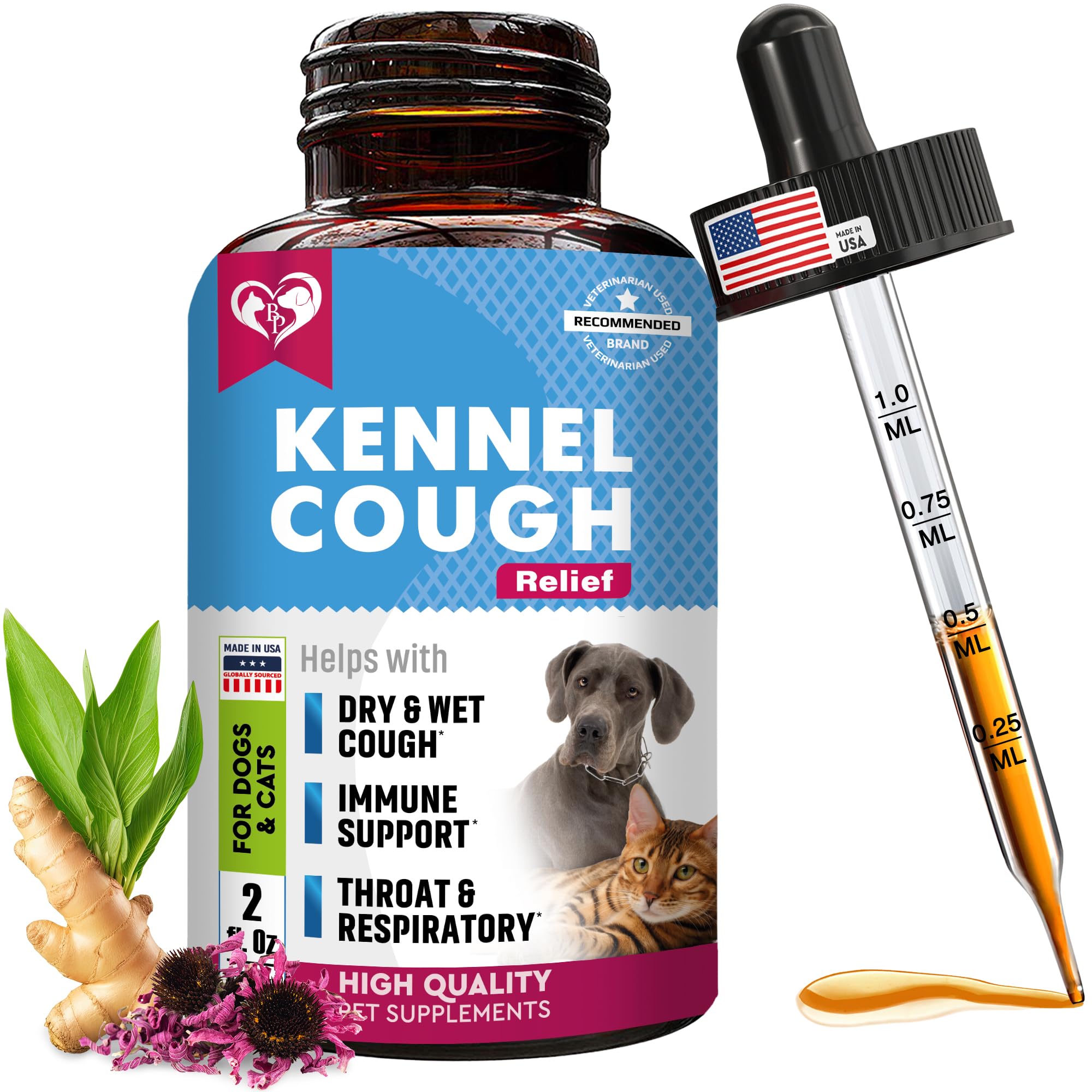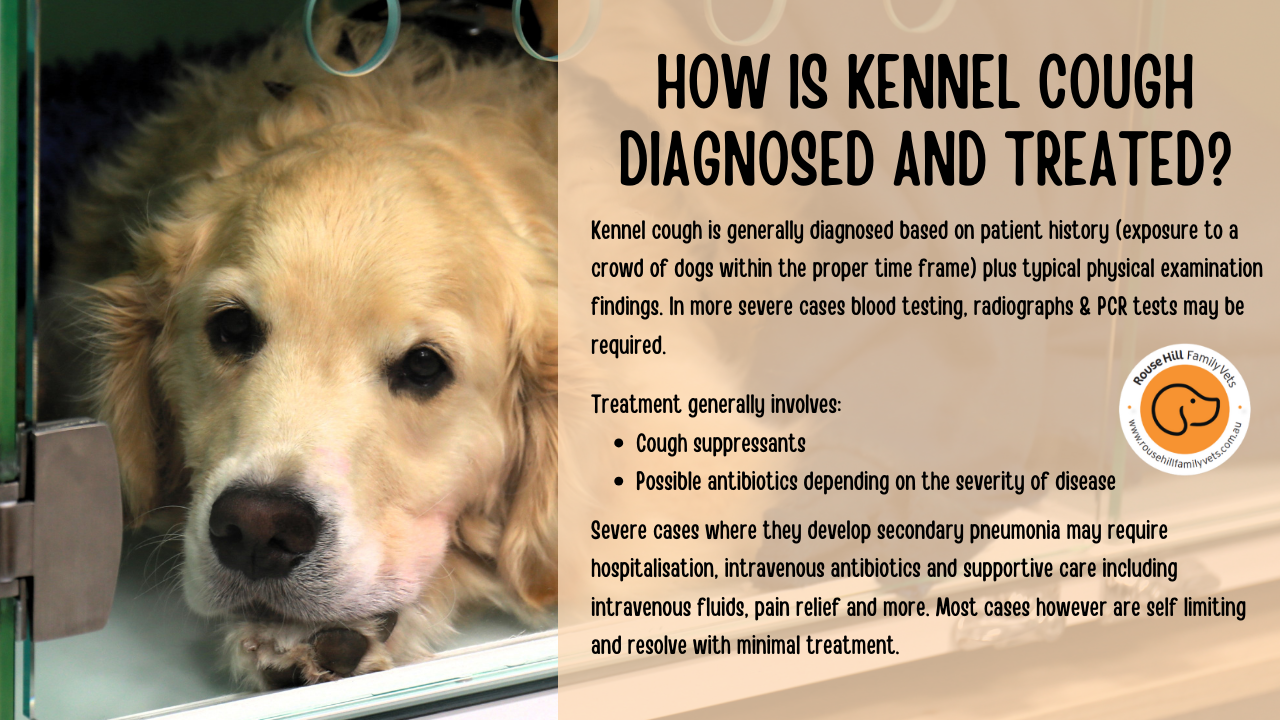Easy Ways to Treat Kennel Cough: Effective Solutions for Pet Owners in 2025

As pet owners, witnessing our beloved dogs suffer from ailments such as kennel cough can be distressing. **Kennel cough treatment** is crucial for ensuring a swift recovery and minimizing discomfort for your furry friends. Kennel cough, though usually not severe, can lead to complications if left untreated. This comprehensive guide provides effective solutions and practical tips for pet owners on how to treat kennel cough in 2025.
Understanding Kennel Cough Symptoms
Before we can effectively treat kennel cough, it’s important to understand **kennel cough symptoms**. This infectious respiratory disease often manifests with a distinct, harsh cough that sounds like a honk or a goose, caused by inflammation in the trachea and bronchi. Other **coughing in dogs** symptoms can include mild lethargy, a low-grade fever, and watery nasal discharge. Recognizing these signs promptly can help pet owners seek timely intervention, improving effectiveness in their chosen **kennel cough treatment** solutions.
Recognizing the Signs of Kennel Cough
Identifying the early signs of kennel cough is essential for **effective relief for cough in dogs**. Typically, it begins with a dry, hacking cough, which may produce a gagging sound, especially after exertion or excitement. Pet owners should also be on the lookout for sneezing or coughing that lasts longer than a week. It’s critical to monitor your dog’s behavior and appetite, as a sudden decline could indicate a more severe condition. Supporting dogs through this tough period will require careful attention and timely decisions for **when to see a vet**.
Identifying Complications: Kennel Cough vs. Other Infections
It’s imperative for pet owners to understand how **kennel cough** compares to other respiratory infections. Unlike a common cold in humans, kennel cough can evolve into more serious issues like pneumonia. Understanding the differences is vital. Pet owners can differentiate kennel cough from ailments like canine influenza by noting the presence of fever and more severe lethargy associated with the latter. Familiarizing yourself with these **underlying issues of kennel cough** will empower you to act appropriately following the initial signs.
Effective Home Remedies for Kennel Cough
For mild cases of kennel cough in dogs, there are numerous **home remedies for kennel cough** that resonate with pet owners. It’s essential to create a comfortable environment allowing for rest and relief. These remedies focus on maintaining your dog’s health through natural means, reducing stress from coughing and enhancing their recovery time.
Hydration for Coughing Dogs
One of the most critical factors in recovery is keeping your dog hydrated. Adequate hydration helps thin mucus, allowing for easier breathing. **Hydration for coughing dogs** can be encouraged through both water and bone broths. Incorporate electrolytes tailored for pets if your dog refuses to drink water on their own. Daily monitoring for dehydration signs—such as dry gums or lethargy—will ensure your dog’s comfort as they weather the cough infection.
Moisture and Humidity: Environment for Coughing Dogs
Creating a **soothing environment** is another necessary measure in **care for dogs with kennel cough**. Using a humidifier or running warm, steamy water in a bathroom can lead to improved airflow and moisture that soothe a distressed throat, helping your pet breathe easier. This process is often referred to as **steam therapy for dogs**, and can make a notable difference. Always respect your dog’s space and comfort level with such treatments, ensuring they can exit if they choose.
Professional Vet Treatments for Kennel Cough
In some cases, professional intervention becomes necessary. This goes beyond **canine cough remedies** found in homes and usually involves **vet treatments for kennel cough** like antibiotics, especially if a bacterial infection appears secondary to the primary viral infection. Understanding what treatments might appeal to individual conditions, while monitoring recovery, keeps pet owners proactive in their care.
Antibiotic Treatment for Kennel Cough
If a veterinarian diagnoses a secondary bacterial infection, they may recommend **antibiotic treatment for kennel cough**. This might also be advised for puppies or older dogs exhibiting severe symptoms; however, they should only be used when verified by a vet. Discuss potential side effects with your veterinarian to provide effective and personalized health management for your pet during recovery.
Vaccination and Prevention Measures
Prevention is key in combating kennel cough outbreaks. Vaccination against the strains of kennel cough is available, helping to provide invaluable immune support. **Vaccines for kennel cough** can minimize exposure risk, particularly in high-density environments like kennels. Understanding **all prevention measures** is essential for pet owners to safeguard their dogs effectively.
Recovery and Monitoring after Treatment
Recovery time for kennel cough can vary, but regular monitoring plays a proactive role in care. Keeping a close eye on your dog’s behavior and **monitoring recovery from kennel cough** ensures that any setbacks can be addressed quickly. Gradual re-introduction to normal activities will aid recovery, including keeping exercise limited to short leash walks once the doctor approves them.
Support for Kennel Cough in Dogs
Providing support during recovery entails showing your dog extra attention and love as they recuperate. Maintaining a calm environment is equally as vital. Dogs may become anxious amidst illness, thus **calming anxiety in coughing dogs** should be prioritized. Staying with them during challenging times can help ease their distress and help maintain their overall emotional wellbeing.
Follow-Up Vet Checks: Best Practices for Dog Owners
A follow-up visit to the **vet check post-treatment** ensures that previous conditions have appropriately resolved. Having your vet perform a thorough examination post-treatment can provide certainty for both dogs and their caregivers, sealing the path towards a full recovery. Transition slowly towards normal activities and maintain open communication with your vet regarding any concerning symptoms that arise throughout the healing stages.
Key Takeaways
- Recognize kennel cough symptoms early to seek timely intervention.
- Utilize effective home remedies, emphasizing hydration and a soothing environment.
- Consult with professionals when necessary for potential antibiotic treatment.
- Prioritize recovery monitoring and provide emotional support.
- Stay informed about preventive measures offered by veterinary care.
FAQ
1. What are the common treatments available for kennel cough?
Common treatments for kennel cough often include home remedies such as hydration, steam therapy and the use of herbal medicines. If symptoms persist, veterinary care may lead to **antibiotic treatment for kennel cough** and other medications that address underlying health issues or more severe infections related to kennel cough.
2. How can I tell if my dog’s kennel cough is serious?
Pet owners should be alert to severe symptoms such as persistent high fever, pronounced lethargy, and lack of appetite. These signs could indicate that your dog’s kennel cough requires more severe corrective treatment. Consult with your veterinarian once the symptoms escalate to ensure appropriate **vet diagnostics for cough**.
3. Can I use over-the-counter cough syrups for my dog?
Utilizing **dog cough syrup** meant for canines can provide relief but must be done with caution. Always check with your vet before using any medications, as many human cough syrups can be toxic to dogs. Recommended alternatives include cough medications specifically formulated for pets, which can be safer.
4. What is the best practice for preventing kennel cough?
The best practice for **preventing kennel cough in dogs** includes vaccination and minimizing exposure to infected dogs. Quarantining ailing dogs from healthy pets—especially in communal settings—can hinder transmission, ensuring a **healthy environment for recovering canines**.
5. What is the recovery time for kennel cough?
Recovery time for kennel cough typically spans from a few weeks for mild infections to longer periods for more serious conditions. Regular monitoring, maintaining an appropriate resting diet, and following up with your vet can significantly enhance the **kennel cough recovery time** for your puppy or dog.

